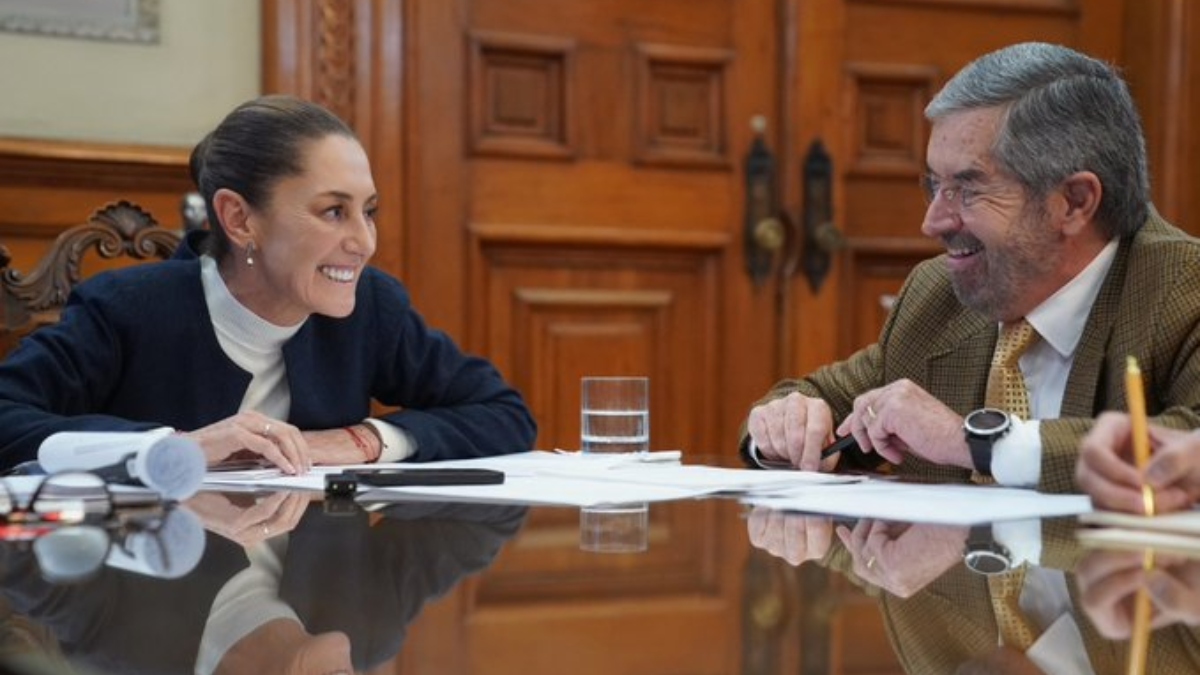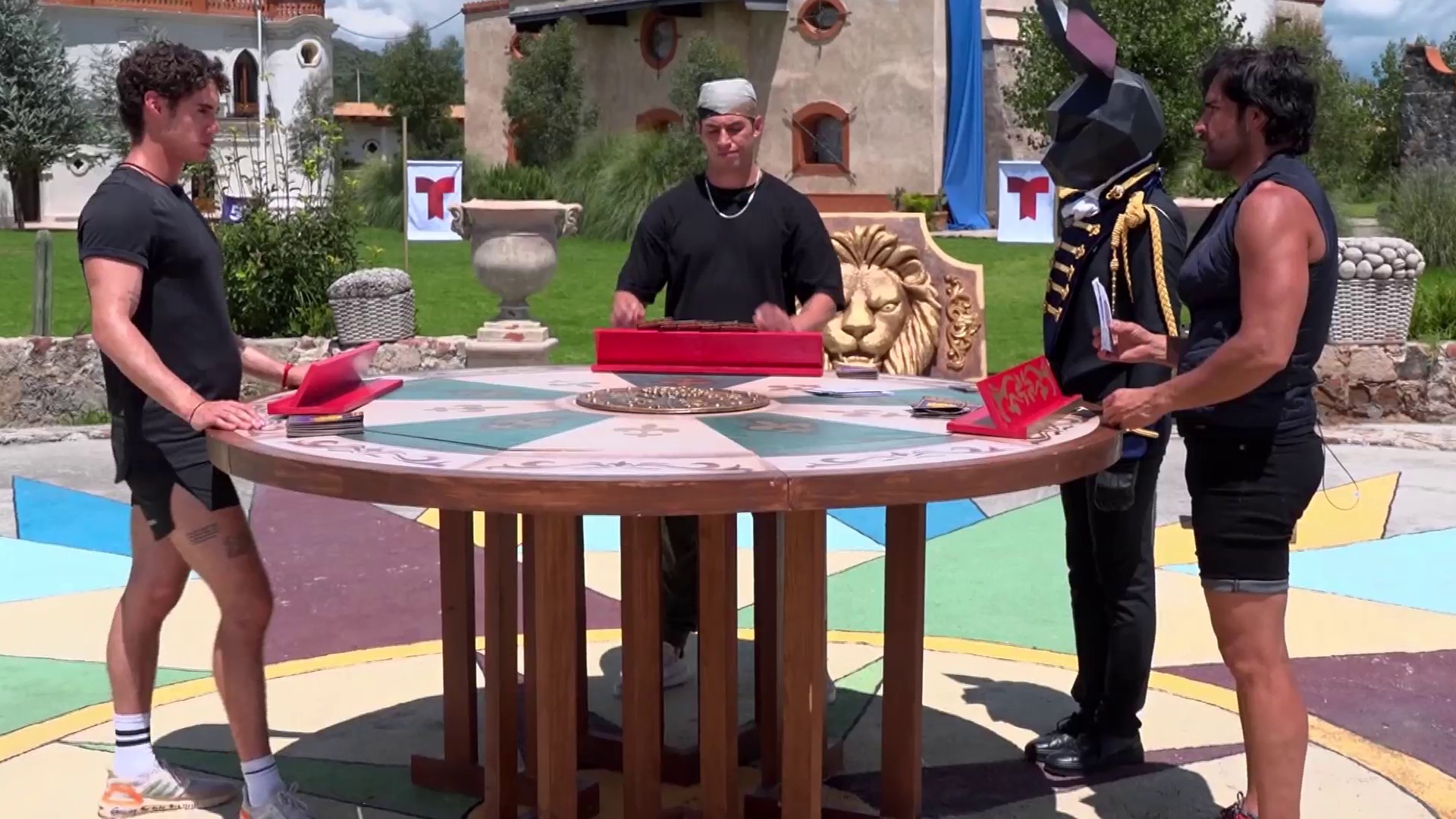The 4th Amendment protects against unreasonable search and seizure.
"He found that the way that the children was treated is so outrageous that it doesn't fit with the standards of a civilized country like ours," Joseph McMullen, the family's lawyer, said.
Medina, now 14, and her brother, Oscar, were walking across the San Ysidro Port of Entry from Mexico to their school in the U.S. when they were stopped by Border Patrol officers. Agents said Julia Medina didn't look like her passport photo so the children were detained.
"I was scared. I was sad because I didn't have my mom or my brother," Medina described in Spanish. "I was completely by myself."
According to the judge's ruling, a CBP officer who had "a reputation for obtaining confessions" was called in to interview Medina without her brother. The officer testified two of his co-workers were present.
CBP threatened to prosecute her brother for smuggling and falsely imprisoned her for 34 hours, the judge said in his ruling. Her brother was kept for 14 hours. The judge said this led to "a false confession from Julia about her identity."
Curiel ruled that violated CBP policy by 1) interviewing a child without a witness and 2) failing to record the interview.
Destacados
"We need checks and balances to make sure that someone who's that vulnerable ... that they're not going to just agree with an officer who might be heavy-handed in the way that they conduct an interrogation," McMullen said.
"Take a close look at how our borders are being operated and whether the rules are being followed, especially when it comes to how children are treated," McMullen said. "It's the only humane thing to do."
Despite the incident, Julia Medina is focused on the future. She wants to go to college and become a nurse.



